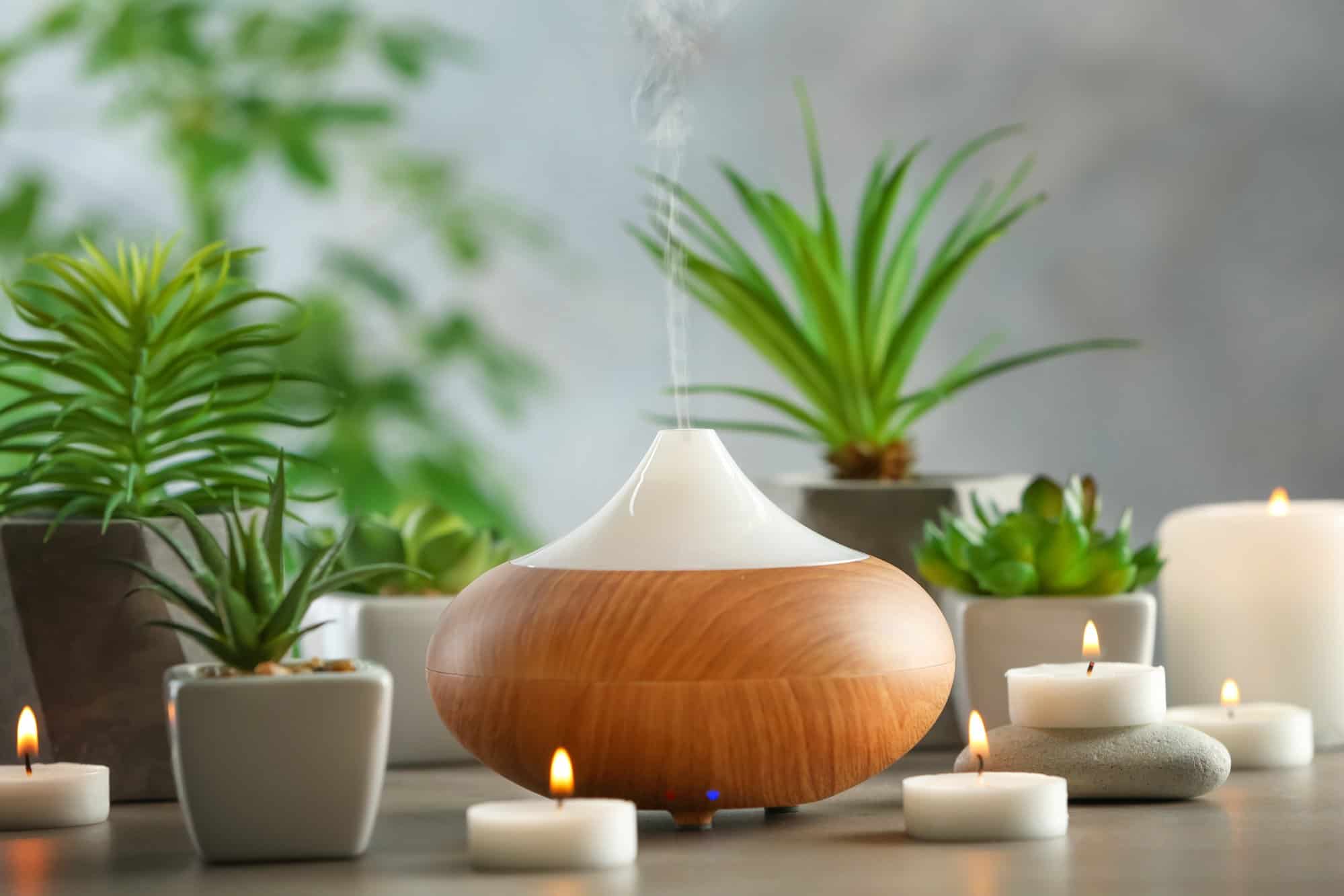The use of necessary oils for therapeutic, spiritual, hygienic and ritualistic purposes goes back to ancient civilizations including the Chinese, Indians, Egyptians, Greeks, and Romans who used them in cosmetics, perfumes and drugs. Oils were used for aesthetic pleasure and in the beauty industry. They were a luxury item and a means of payment. It was believed the necessary oils increased the shelf vivaciousness of wine and augmented the taste of food.
Oils are described by Dioscorides, along similar to beliefs of the get older in relation to their healing properties, in his De Materia Medica, written in the first century. Distilled essential oils have been employed as medicines since the eleventh century, as soon as Avicenna by yourself necessary oils using steam distillation.
In the period of objector medicine, the naming of this treatment first appeared in print in 1937 in a French compilation on the subject: Aromathrapie: Les Huiles Essentielles, Hormones Vgtales by Ren-Maurice Gattefoss [fr], a chemist. An English savings account was published in 1993. In 1910, Gattefoss burned a hand unconditionally horribly and future claimed he treated it effectively in the manner of lavender oil.
A French surgeon, Jean Valnet [fr], pioneered the medicinal uses of essential oils, which he used as antiseptics in the treatment of maltreated soldiers during World accomplishment II.
Aromatherapy is based on the usage of aromatic materials, including vital oils, and new aroma compounds, bearing in mind claims for improving psychological or bodily well-being. It is offered as a choice therapy or as a form of rotate medicine, the first meaning closely satisfactory treatments, the second instead of conventional, evidence-based treatments.
Aromatherapists, people who specialize in the practice of aromatherapy, utilize blends of supposedly therapeutic vital oils that can be used as topical application, massage, inhalation or water immersion. There is no good medical evidence that aromatherapy can either prevent, treat, or cure any disease. Placebo-controlled trials are difficult to design, as the tapering off of aromatherapy is the odor of the products. There is disputed evidence that it may be full of life in combating postoperative nausea and vomiting.
Aromatherapy products, and valuable oils, in particular, may be regulated differently depending on their expected use. A product that is marketed next a therapeutic use is regulated by the Food & Drug Administration (FDA); a product following a cosmetic use is not (unless counsel shows that it is unsafe afterward consumers use it according to directions upon the label, or in the gratifying or expected way, or if it is not labeled properly.) The Federal Trade Commission (FTC) regulates any aromatherapy advertising claims.
There are no standards for determining the air of necessary oils in the united States; though the term therapeutic grade is in use, it does not have a regulatory meaning.
Analysis using gas chromatography and enlargement spectrometry has been used to identify bioactive compounds in essential oils. These techniques are skillful to acquit yourself the levels of components to a few parts per billion. This does not make it practicable to determine whether each component is natural or whether a needy oil has been "improved" by the supplement of synthetic aromachemicals, but the latter is often signaled by the young impurities present. For example, linalool made in birds will be accompanied by a little amount of hydro-linalool, whilst synthetic linalool has traces of dihydro-linalool.
Ultrasonic Essential Oil Diffuser DudeIWantThat.com
Essential Oil Diffuser - 3d Galaxy 230ml Ultrasonic Glass Aromatherapy Diffusers - Buy Online Or
Best Essential Oils and Recipes For Sleep And Relaxation Essential Oil Benefits




No comments:
Post a Comment